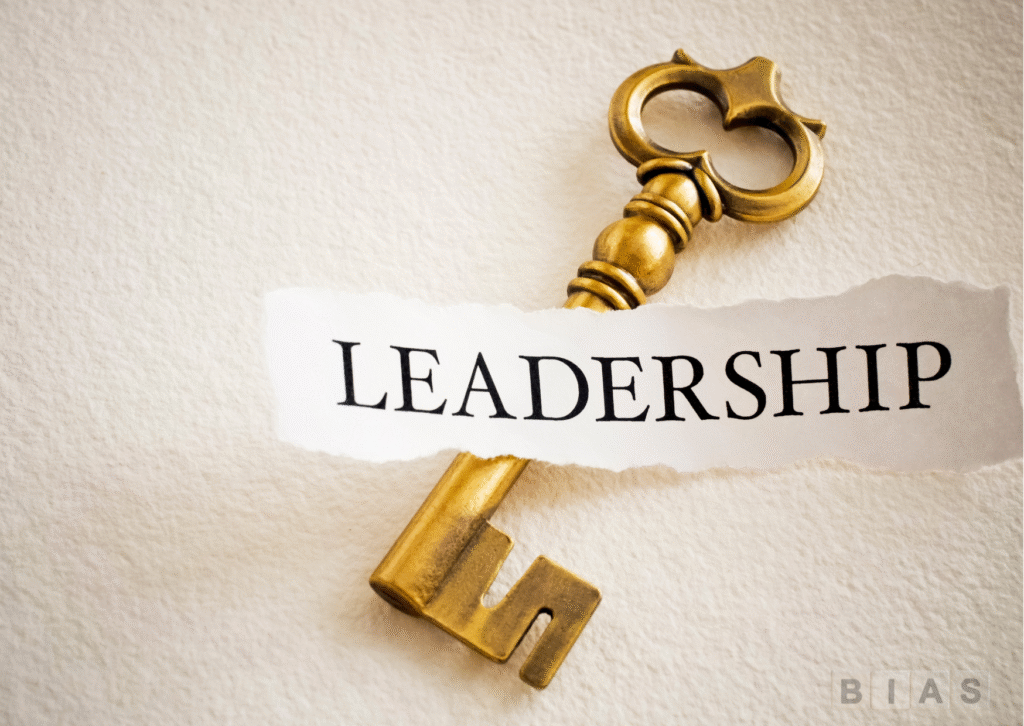This training is designed to provide individuals with practical tools to foster positive working relationships within their organization. The primary objective is to enhance communication effectiveness and promote the application of emotional intelligence
You will learn:
– Understanding communication
– Recognizing different voices in conversation
– Effects of negative vs positive communication
– Identifying communication styles
– Reducing friction and increasing effectiveness
– Recognizing and addressing fear and anxiety
– Using the RETHINK process
– Importance of proper timing in communication

Our training program prioritizes strategic engagement and active listening. Participants will learn to recognize different behaviors during interactions and develop self-awareness.
You will learn:
– De-escalation techniques
– Communicating with those in crisis
– Distinguishing between unconfirmed and proven information
– Prerequisites for active listening
– Communication during cover and contact situations
– Identifying escalating behaviors
– Prioritizing officer safety
– Verbal and non-verbal behavior awareness
Leadership and critical thinking are crucial skills for success in any professional setting. Effective leadership involves guiding and inspiring a team toward a common goal, fostering a positive work environment, and making sound decisions. Critical thinking, on the other hand, is the ability to analyze and evaluate information objectively, leading to well-reasoned conclusions and effective problem-solving. Both skills are essential for navigating complex challenges, driving innovation, and achieving organizational goals.
You will learn
-Inspiring leadership that motivates others toward a shared goal.
-Implementing effective leadership to cultivate a positive work environment.
-Understanding diverse behaviors in the workplace.
-Using critical thinking to analyze and evaluate information objectively.
-Identifying and adapting to various communication styles.
-Addressing challenges in leadership roles.


Are you ready to transform your perspective and engage with the world like never before? Join us for an exhilarating course that empowers you to navigate through biased mindsets and embrace a more objective approach to decision-making!
This is not just another class; it’s an interactive experience where you’ll cultivate self-awareness and empathy, essential skills for connecting with diverse communities in meaningful ways. Dive into thoughtful discussions and activities that will challenge you to recognize your own biases while celebrating the vibrancy of various cultures. Together, we’ll unlock the doors to understanding and appreciation, making this journey not only enriching but also unforgettable. Get ready to change your view of the world!
Here’s a brief overview of some of the topics we will explore together.
